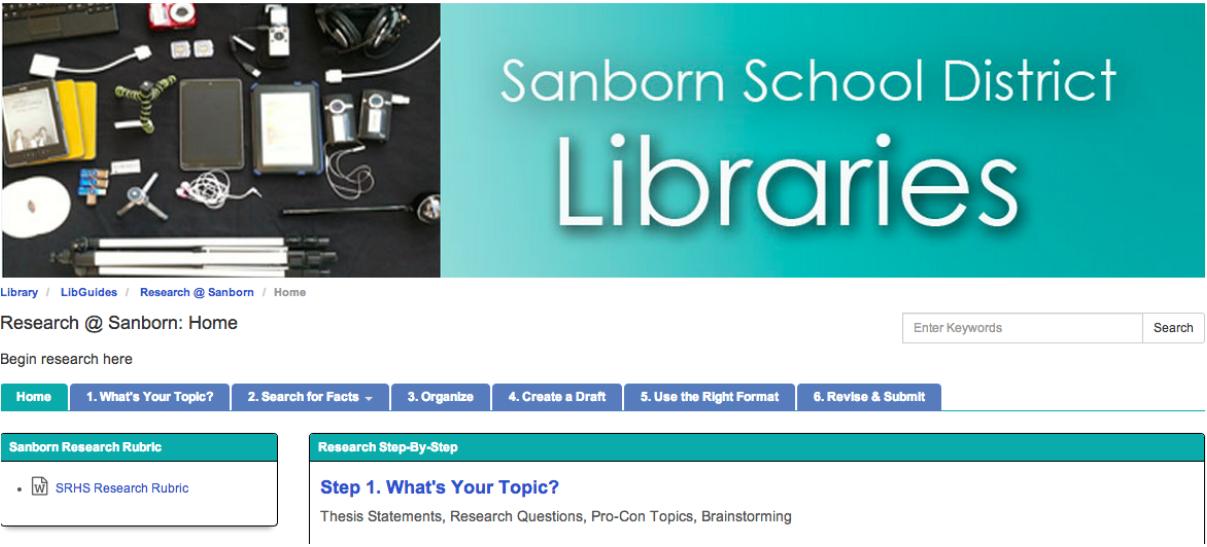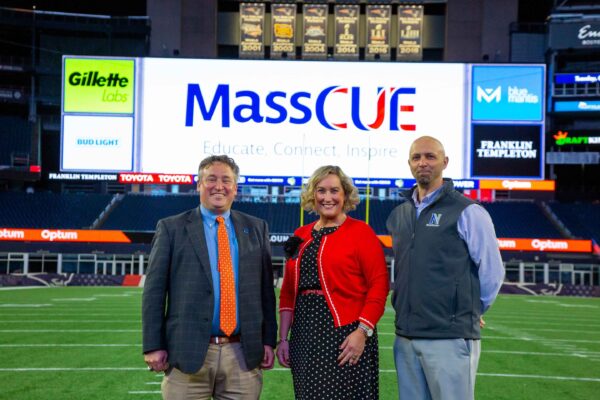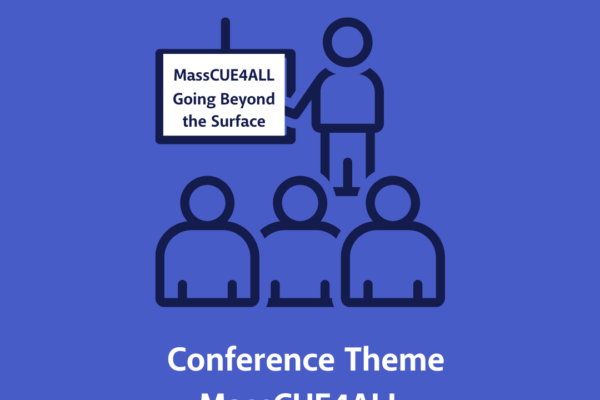Our students need to be ready to find, evaluate, manage, and use information in a whole new way. The avalanche of information and misinformation in a simple Google search on any given topic is overwhelming to all researchers. According to SINTEF, 90% of the world’s data (good or bad) has been generated in the last two years and this mind-blowing growth shows no sign of slowing.
 Whether your students are preparing for college, a career in a skilled trade field, or to advance into middle school or high school, it is imperative that they learn the critical thinking skills embedded in independent research. We call today’s students digital natives – indicating that they have grown up surrounded by connected devices and never known the world without the boundless resources available on the Internet. However, these digital natives are not necessarily self-assured and capable researchers. They often make unreliable assumptions about sources, rarely go beyond the first page of Google results, and tend to develop their own inexact self-taught methods for evaluating websites (Project Information Literacy). It is our job to teach accurate methods for research and to help them understand these skills are transferable across curricula and into their real lives outside of school.
Whether your students are preparing for college, a career in a skilled trade field, or to advance into middle school or high school, it is imperative that they learn the critical thinking skills embedded in independent research. We call today’s students digital natives – indicating that they have grown up surrounded by connected devices and never known the world without the boundless resources available on the Internet. However, these digital natives are not necessarily self-assured and capable researchers. They often make unreliable assumptions about sources, rarely go beyond the first page of Google results, and tend to develop their own inexact self-taught methods for evaluating websites (Project Information Literacy). It is our job to teach accurate methods for research and to help them understand these skills are transferable across curricula and into their real lives outside of school.
At Sanborn Regional High School in Kingston NH, we have created a school-wide research rubric that we use in all content areas for a variety of research. We consistently use the same criteria for explaining and scoring research skills from lab  reports to literary criticism. As the librarian at the high school, I work with all of the faculty on integrating research skills into courses. I created two research guides for our students to use: Research @ Sanborn (http://srhs.sau17.libguides.com/research) for all students to use and Research Made Easy (http://srhs.sau17.libguides.com/ezresearch) specifically for Special Education students. Each guide is filled with videos, templates, links, and instructions to simplify the research process for our students.
reports to literary criticism. As the librarian at the high school, I work with all of the faculty on integrating research skills into courses. I created two research guides for our students to use: Research @ Sanborn (http://srhs.sau17.libguides.com/research) for all students to use and Research Made Easy (http://srhs.sau17.libguides.com/ezresearch) specifically for Special Education students. Each guide is filled with videos, templates, links, and instructions to simplify the research process for our students.
I believe through repetition, consistency, and practice our students will become more familiar with high level research skills that they can use beyond our classrooms and throughout their lives.
Works Cited
“Project Information Literacy.” : A Large-Scale Study About Early Adults and Their Research Habits. University of Washington, 1 Apr 2011. Web. 07 Sept. 2014. <http://projectinfolit.org/>.
SINTEF. “Big Data, for Better or Worse: 90% of World’s Data Generated Over Last Two Years.” ScienceDaily. ScienceDaily, 22 May 2013. Web. 07 Sept. 2014. <www.sciencedaily.com/releases/2013/05/130522085217.htm>.
I will be speaking at MassCUE on October 22 and 23, 2014 about integrating research across the curriculum.
About the Author : Pam Harland has been a librarian for over 20 years working in public libraries, academic libraries, and at the Federal Reserve Bank of Boston as a research librarian. She is the librarian at Sanborn Regional High School, Graduate Teaching Lecturer in the Educational Leadership Department at Plymouth State University, and immediate past-president of the New Hampshire School Library Media Association.
 Print this post
Print this post


